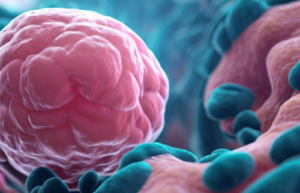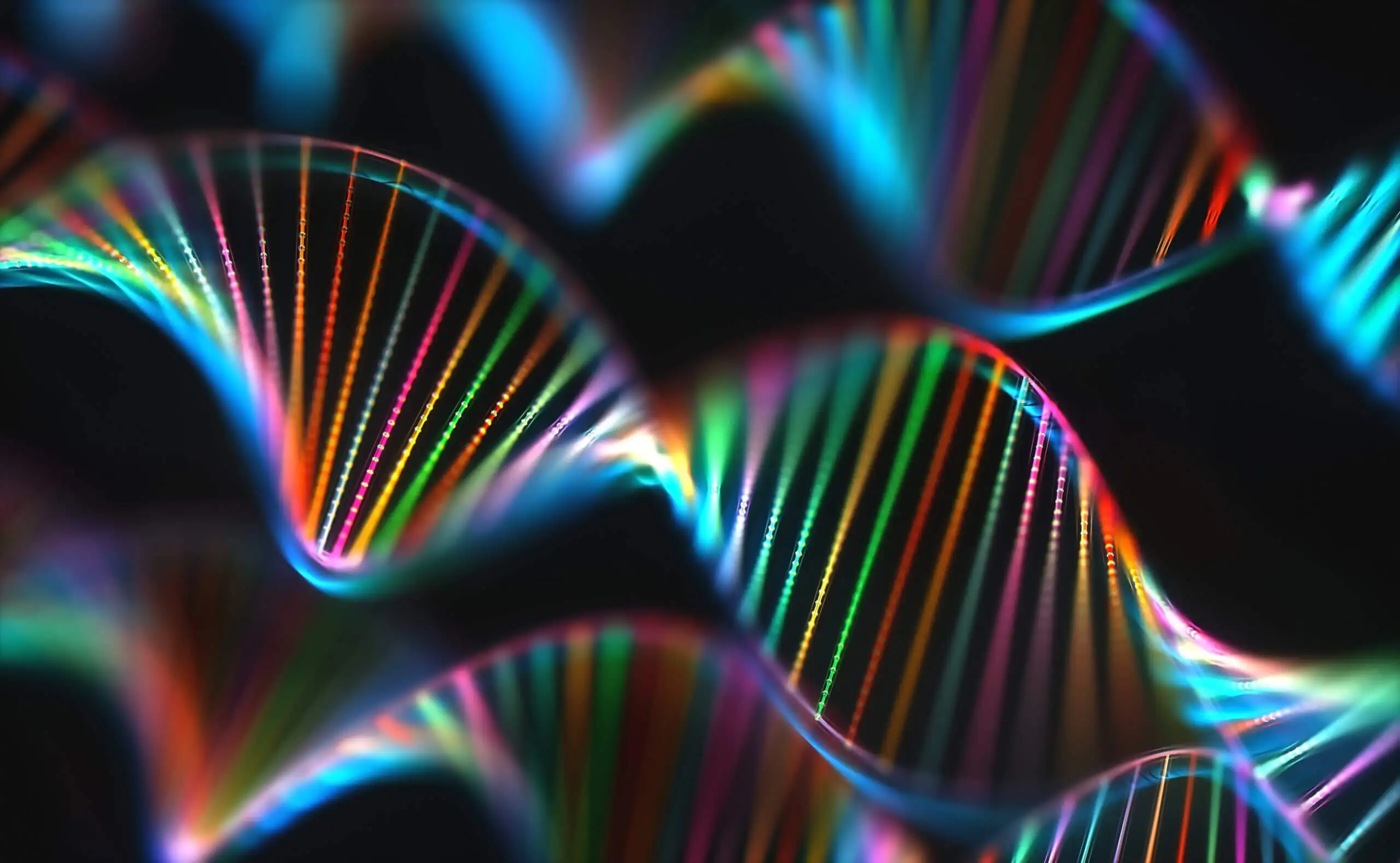New Experimental Pancreatic Cancer Vaccine Shows Encouraging Results


Written and verified by the doctor Leonardo Biolatto
Pancreatic cancer in its ductal adenocarcinoma variety is almost always fatal. It’s estimated to cause death in 88% of diagnosed patients. It’s currently the third leading cause of death in the United States and the seventh worldwide. But we could be facing a medical revolution with the development of a pancreatic cancer vaccine that could improve treatment.
The Memorial Sloan Kettering’s David M. Rubenstein Center for Pancreatic Cancer Research published research in the journal Nature that brings hope. Researchers tested a vaccine using mRNA technology in 16 pancreatic cancer patients and achieved a successful response in half of the participants.
Does this mean we already have a vaccine to end pancreatic cancer? Not yet. Cancer vaccines work differently from the classical immunizations we already know. However, the advance of this development could represent a dramatic change in mortality from this neoplasm.
What is a cancer vaccine?
When we think of vaccines, we imagine a vial injected into us before we get sick. For example, we give children the so-called “triple viral” vaccine so that they don’t develop measles, rubella, or mumps, or so that, if they do get infected, they’ll only have a mild form of these diseases.
Cancer vaccines, on the contrary, are given when the neoplasm has already been detected in the patient. They aren’t preventive, but are intended to improve the body’s response to the pathology.
They have three objectives:
- To stop the spread of the tumor to other tissues.
- To help the destruction of cancer cells that are being attacked by chemotherapy or radiotherapy.
- To prevent a relapse in the months or years that follow.
The search for a pancreatic cancer vaccine isn’t the only ongoing research in this direction. Different working groups are developing immunizations for other neoplasms:
- For metastatic prostate cancer: The vaccine called sipuleucel-T is being considered for patients who are already suffering from the spread of their prostate cancer. The vaccine could increase the years of survival.
- BCG for early bladder cancer: The famous BCG vaccine against tuberculosis could improve the prognosis of patients with bladder cancer. It’s infused into the organ, with a catheter, and activates an immune response that ends up attacking the malignant cells.
- Against melanoma: This vaccine is derived from a virus that has demonstrated its ability to destroy cancer cells on its own. The T-VEC vaccine takes advantage of this virus, genetically modifies it, and prepares it in a vial to administer to patients.
The pancreatic cancer vaccine is designed with mRNA technology. This is the same technology that was used for immunization against COVID-19.
Get to know more: 6 Symptoms of Pancreas Problems
The pancreatic cancer vaccine: how does it work?
According to the researchers in the Nature publication, the pancreatic cancer vaccine uses messenger RNA or mRNA. This molecule is involved in the production of substances inside cells. It’s the one that carries the message of what should or shouldn’t be produced.
Taking advantage of this characteristic, what they did in the laboratory was the following:
- They isolated some proteins present in tumors removed from patients with pancreatic cancer. Specifically, they looked for proteins that are characteristic of these tumors, i.e., ones that aren’t found elsewhere.
- With that information, messenger RNA was created that was able to make similar proteins when inserted into a cell. The new proteins, which are similar but not identical to those of the tumor, are called neoantigens.
- The vaccine with this messenger RNA was manufactured, adding substances that ensured the stability of the compound and its arrival in the cells.
Once the laboratory phase was completed, the vaccine was administered to patients. In this particular case, 16 volunteers received, in addition to the vial, an approach with immunomodulatory drugs and chemotherapy after their surgery.
What were the results? Well, half of the participants responded positively to the neoantigens. That is, their immune system cells were stimulated, became more active, and fought off other malignant cells that had remained. In addition, it appears that they prevented tumor relapse and recurrence in the medium term.

Read more about the: How to Revitalize and Cleanse Your Pancreas
What does this discovery mean?
A vaccine against pancreatic cancer would be a change of direction in the treatment of this disease. As the official statement of the research institution indicates, further research is still needed because half of the patients didn’t respond to neoantigens.
Nevertheless, we’re on the way to a medical revolution with the mRNA technique. Reducing relapses in oncology is critical. Many people get through the first treatment successfully, but, soon after, they return to doctor with similar symptoms and receive the same diagnosis again.
This research is just in phase 1 of vaccine development. And this phase started in December 2019. There are no quick routes in this field of science.
In the meantime, it’s best to consult a gastroenterologist if you experience suspicious symptoms in the digestive system. Detecting pancreatic cancer is difficult, but doing it early changes the prognosis dramatically.
All cited sources were thoroughly reviewed by our team to ensure their quality, reliability, currency, and validity. The bibliography of this article was considered reliable and of academic or scientific accuracy.
- Handy, C. E., & Antonarakis, E. S. (2018). Sipuleucel-T for the treatment of prostate cancer: novel insights and future directions. Future oncology, 14(10), 907-917. https://www.futuremedicine.com/doi/abs/10.2217/fon-2017-0531
- Larocca, C. A., LeBoeuf, N. R., Silk, A. W., & Kaufman, H. L. (2020). An update on the role of talimogene laherparepvec (T-VEC) in the treatment of melanoma: best practices and future directions. American Journal of Clinical Dermatology, 21, 821-832.
- Mizrahi, J. D., Surana, R., Valle, J. W., & Shroff, R. T. (2020). Pancreatic cancer. The Lancet, 395(10242), 2008-2020. https://www.sciencedirect.com/science/article/pii/S0140673620309740
- Rojas, L.A., Sethna, Z., Soares, K.C. et al. (2023). Personalized RNA neoantigen vaccines stimulate T cells in pancreatic cancer. Nature (2023). https://doi.org/10.1038/s41586-023-06063-y
- Saxena, M., van der Burg, S. H., Melief, C. J., & Bhardwaj, N. (2021). Therapeutic cancer vaccines. Nature Reviews Cancer, 21(6), 360-378. https://www.nature.com/articles/s41568-021-00346-0
- Sfakianos, J. P., Salome, B., Daza, J., Farkas, A., Bhardwaj, N., & Horowitz, A. (2021, February). Bacillus Calmette-Guerin (BCG): its fight against pathogens and cancer. In Urologic Oncology: Seminars and Original Investigations (Vol. 39, No. 2, pp. 121-129). Elsevier. https://www.sciencedirect.com/science/article/pii/S107814392030466X
This text is provided for informational purposes only and does not replace consultation with a professional. If in doubt, consult your specialist.








